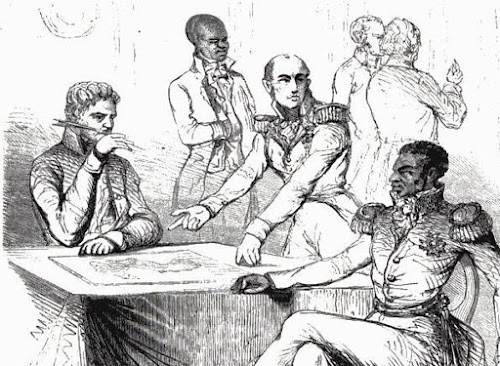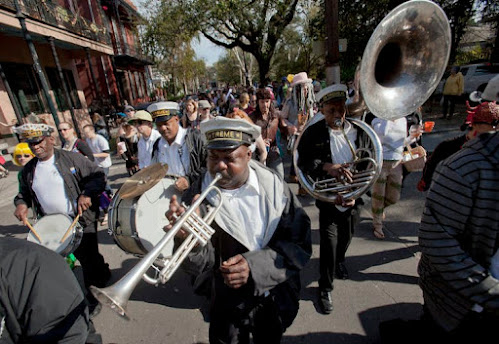Donald Surpass does not comprehend Haiti, migration or American background
Donald Trump's denigrating remarks regarding Haiti throughout a current legislative conference stunned individuals about the world, however provided his performance history of disrespecting immigrants, they weren't really that unexpected.
In spite of project guarantees that Surpass would certainly be Haiti's "greatest champ," his management had currently shown its neglect for individuals from this Caribbean island. In November 2017, the Division of Homeland Safety and safety revealed it would certainly finish the Short-term Safeguarded Condition that had enabled 59,000 Haitians to remain in the U.S. after a calamitous Jan. 12, 2010 quake.
Their TPS was prolonged after Typhoon Matthew ravaged Haiti once once more in 2016. Without safeguarded condition, these Haitian migrants have up till July 2019 to obtain a permit, leave willingly or be deported.
As a scholar and first-generation Haitan-American, I could attest that Trump's declarations and plans show not simply disrespect for Haiti however likewise an extensive lack of knowledge regarding exactly just how movement happens.
Why background issues
As displayed in my current book, "Haiti and the Uses The u.s.a.," background forms where immigrants decide to develop their lives.
Outsiders go to the Unified Specifies in times of dilemma not at arbitrary however since historical connections factor them here. When nativists such as Head of state Surpass and Lawyer Basic Jeff Sessions describe immigrants as "bad guy aliens" – perpetuating the concept that immigrants are "getting into" the nation – they disregard this essential truth.
Mengenal Ayam Bangkok Super Terbaik
Motion from Haiti to the U.S. has its origins in colonial times, when British, French and Spanish investors traded coffee, cotton and mahogany in between both areas.

In the 1790s, countless white and mixed-race locals looked for sanctuary from an innovative battle in colonial Haiti, which was after that called Saint Domingue. Fleeing an uprising by enslaved women and men of African descent, French colonists boarded ships complying with historical profession paths to U.S. port cities such as Brand-new Orleans, Philadelphia and Brand-new York. Some brought with them individuals they had enslaved.
An approximated 10,000 Saint Dominguan revolution-era evacuees ultimately resettled in Louisiana, adding to the unique Creole background and society that defines Gulf cities such as Brand-new Orleans today.
By 1804 the island's revolutionaries had eliminated France to discovered Haiti. The U.S., nevertheless, didn't officially acknowledge Haitian self-reliance up till 1862.


